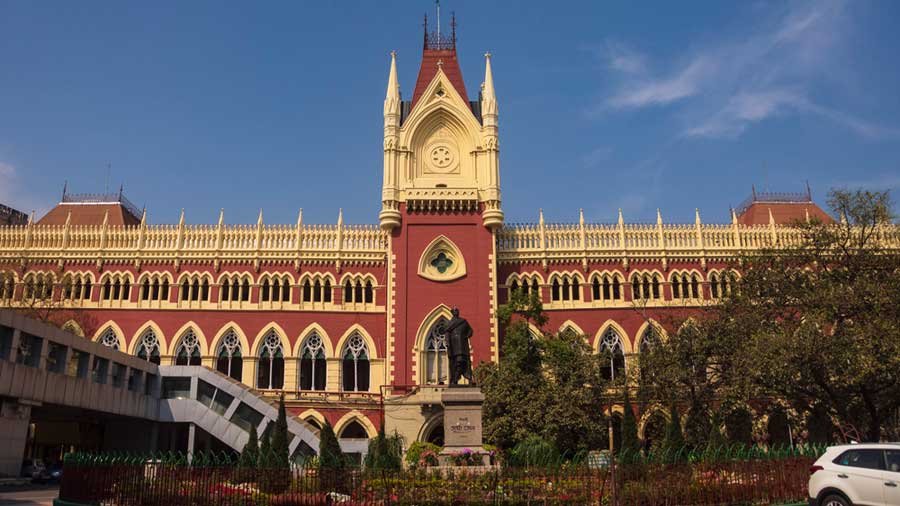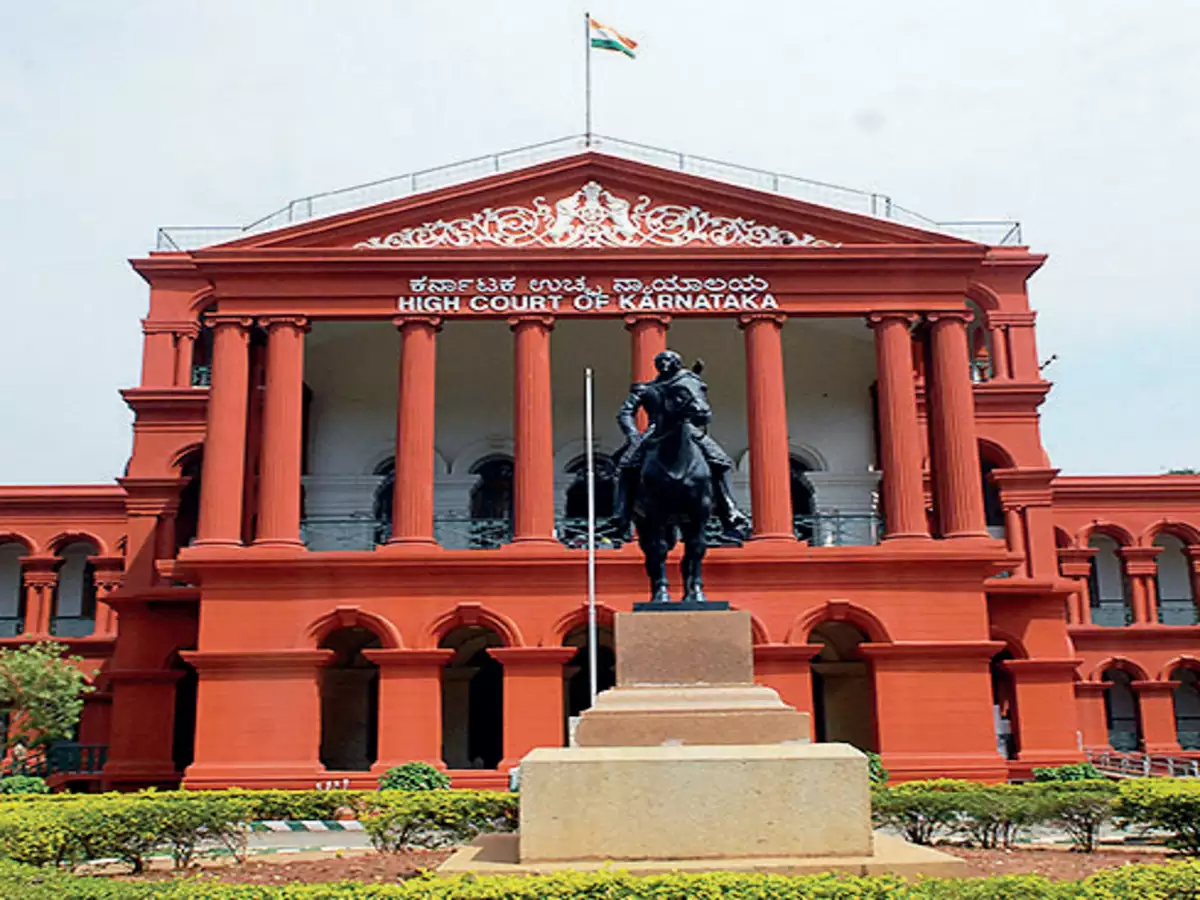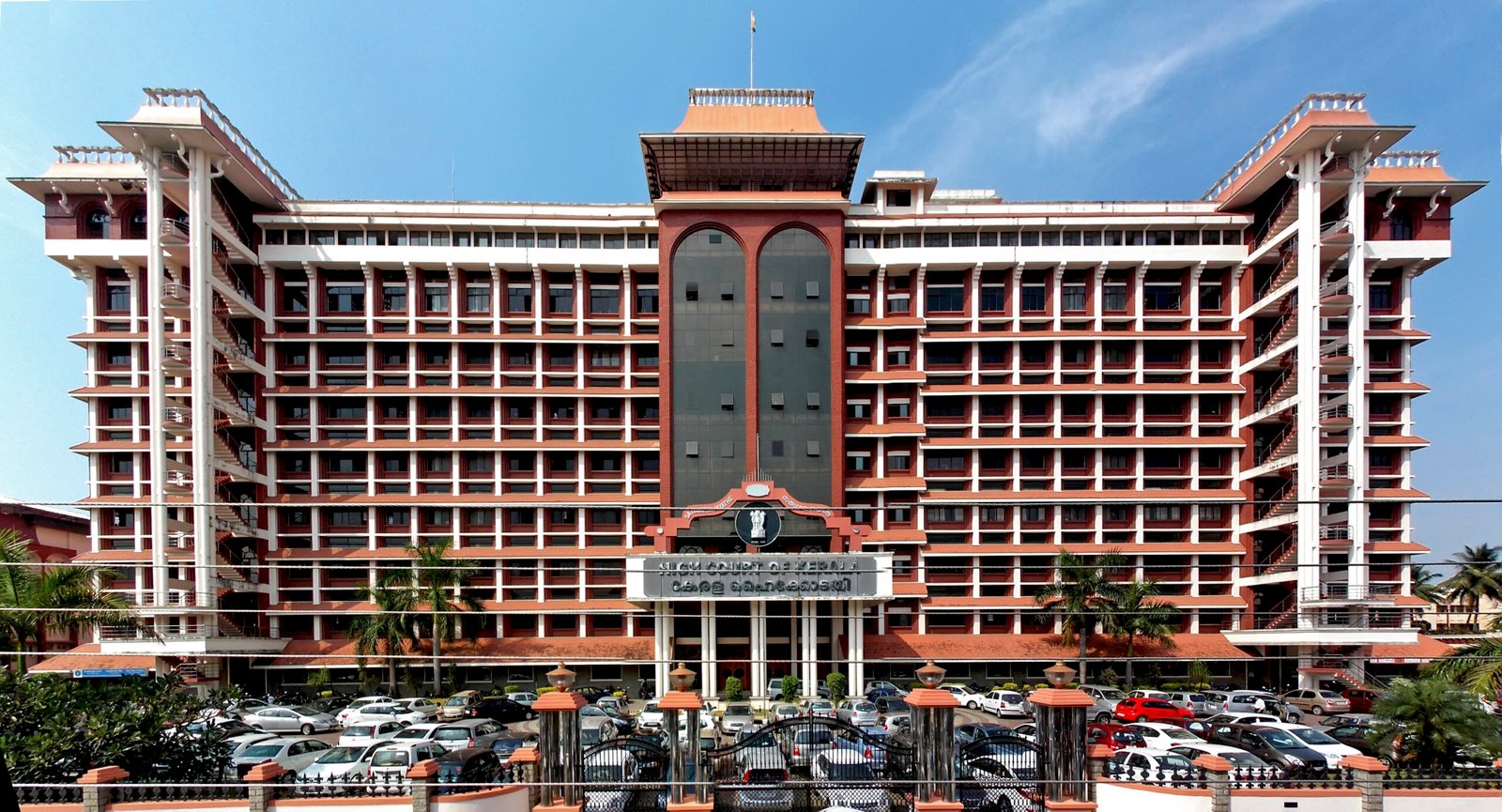The Court, composed of a division bench with Justices Amit Mahajan and Vibhu Bakhru, clarified that the Unified Building Byelaws for Delhi are not intended to dictate the use of a structure after its construction. The Delhi High Court adjudicated that the Municipal Corporation of Delhi (MCD) lacks the jurisdiction to compel a commercial entity like the Pacific Metro Mall to furnish free parking to its patrons merely due to inadequate traffic management and the desire to deter on-road parking. This insight was articulated during the Court’s annulment of an MCD directive that barred the Pacific Metro Mall from imposing parking fees on its patrons.
The bench pointed out that the Building Byelaws are confined to stipulating the regulations and standards for the construction of buildings within designated zones. The byelaws do not extend to the post-construction use of the buildings. “As long as the construction complies with the Building Byelaws and the buildings are used for the purposes they are permitted for, the use is considered appropriate,” the Court explained.
The MCD’s advocate had argued that charging for parking would prompt patrons to park along the streets, exacerbating traffic congestion. The Court countered that it is the duty of enforcement authorities to manage traffic effectively and prevent unauthorized parking. It stated that the MCD cannot disrupt a commercial entity’s operations for such reasons.
The Court dismissed the argument by stating that difficulties faced by authorities in enforcing traffic regulations do not provide grounds for the MCD to intrude on a commercial establishment’s operations by insisting on free parking.
The Court was reviewing an appeal against a 2020 verdict by single-judge Justice V Kameswar Rao, which had upheld an MCD order against Pacific Development Corporation Limited (PDCL), the mall’s owner. The single judge had reasoned that parking spaces, excluded from the Floor Area Ratio (FAR), were intended for collective use by occupants. PDCL had appealed against this decision.
In its defense, the MCD argued before the division bench that parking spaces mandated by the bye-laws could not be commercially exploited, as they are excluded from FAR computations, and therefore, no parking fees could be charged. PDCL countered that the exclusion of parking areas from FAR calculations does not imply that they cannot charge for parking as long as the building’s use remains within authorized purposes. The Court noted that the bylaws in question only address building construction and standards, not the profitability of their use.
The Court illustrated that a homeowner with surplus parking may allow a neighbor to use it for a fee if they choose, without violating the Building Byelaws. The Court affirmed that as long as parking remains the activity in the designated areas, such usage complies with the permitted purposes, and the Building Byelaws do not govern the financial agreements involved.
Moreover, the Court identified parking as a sanctioned activity in the mall’s basement and other parking zones, concluding that as long as these spaces are used for parking, they cannot be deemed misused, even if a fee is charged. The Court highlighted that the Building Byelaws do not prohibit the imposition of parking fees nor dictate the terms of building utilization. The Court also pointed out that no evidence was presented to show any byelaw that would enable the MCD to demand PDCL to offer free parking.
Consequently, the Court found that the MCD’s directive amounted to an unlawful appropriation of PDCL’s property without justification. Thus, the Court allowed the appeal, overturning both the single judge’s verdict and the MCD’s order.



